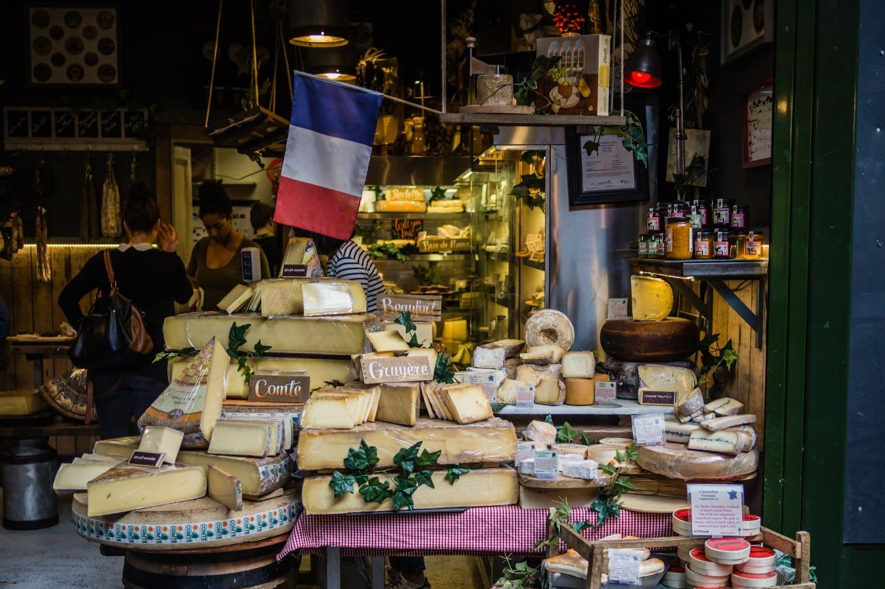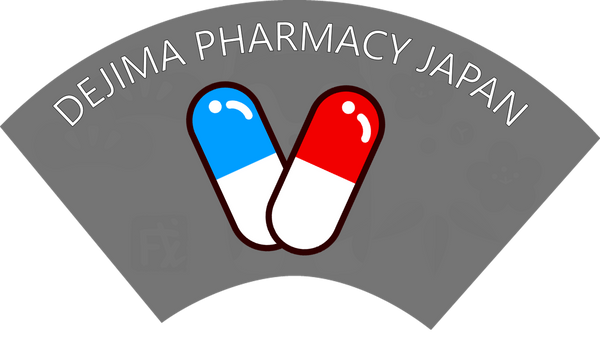
Foods you need to be careful with Drug Interaction (3)
Share

We are often directed to take medicines after each meal. However, the medicine may interact with food within a body, and work less effectively, or cause a dangerous side effect.
Even the food that is known as healthy for our body, there are dangerous combinations with some medicines. We need to be careful not to take these foods too much at once.
In this article, as following the previous article “Foods you need to be careful with Drug Interaction (2),” we will talk about the dangerous drug interaction with vegetables and dairy products.Taking ginger along with diabetes medications or antithrombotics might cause your blood sugar to go too low (hypoglycemia) or accelerate bleeding tendency
Ginger is a mighty food that had been used also as an herbal medicine for very long time. Not only warming up your body, it prevents your blood sugar level going up too high and smoothes your blood flow as well. Therefore, when taken with antidiabetics or warfarin potassium (antithrombotics), it may strengthen the efficacy too much.The experimentation on how ginger affects blood sugar level:
According to the experiment using mice, the mice that are fed high dose of ingredient contained in ginger 6-gingesulfonic acid (6GS) everyday, compared to other mice, had a tendency of lower blood sugar level.Interactions of warfarin potassium and ginger
- Ginger lowers coagulation property of platelet → blood flow becomes fluent.
- Ginger interferes the function of CYP.* → warfarin potassium does not get metabolized..
- Due to the functions of 1 & 2, blood flow becomes too fluent and bleeding will not stop when injured.
Taking onion along with diabetes medications or antithrombotics might strengthen bleeding tendency or hypoglycemia
Allium like onions make blood flow smooth and keep blood sugar level stable. Thus, there assumed to be dangerous combinations with medicines. Those interactions are reported that they can be evanesced when cooked with heat, so it is better to avoid taking large amount of raw onions while on medication.
The nutrient contained in garlic called allicin also works as the same function. There is a risk that bleeding won’t stop during a surgical operation, so it is better not to eat too much garlics one to two weeks prior to a surgery.
Example(s) of foods that work similar as diabetes medications or antithrombotics : Onion, garlic, green onion, chive.
Efficacies of allium and garlic: Pungent principle/propyl sulfide of allium and organ (allicin) of garlic works to smooth the blood flow or prevent the sudden rise of blood sugar level.
Cheese can cause you a severe headache when taken with antibiotics
While on antibiotics (Linezolid [Product name: Zyvox]) or medications for Parkinson medication’s disease (Selegiline hydrochloride [Product name: Selegos]), excess amount of cheese can lead to an increase of blood pressure and could die from cerebral hemorrhage for the worse case. This mechanism is happening because the nutrient in cheese called tyramine reinforces the brain stimulation.
When having wines only with cheeses on an empty stomach, especially, the risk increases because tyramine, which is also contained in wine, works effectively when stomach is empty.
Interactions of selegiline hydrochloride and cheese: Selegiline hydrochloride interferes with the metabolization of adrenaline or dopamine → stimulates the functions of adrenaline or dopamine → medical efficacy becomes effective
Selegiline hydrochloride interferes with the metabolization of tyramine contained in cheese → stimulates the functions of tyramine → rapid blood pressure increase/severe headache occurs
Tyramine and cheese: Tyramine content varies widely from the kinds or brands of cheese. The ones which took longer period of time for fermentation and with stronger smell contain more tyramine.
Cheese with high content of tyramine: Stilton blue cheese, cheddar cheese (long-term aging), port du Salut cheese
Cheese with moderate or low content of tyramine: Parmesan cheese, blue cheese, Romano cheese, cheddar (short-term aging)
Other foods with high tyramine content: Beef river, smoked meat, salami, dried sausage, prosciutto, horse bean
Cheese interferes with osteoporosis medicines and makes less effective
Calcium contained in dairy products may get bonded with medicines and reduce the efficacy. *The medicines affected are some of the antibiotics (tetracycline antibiotic) or osteoporosis medicines (bisphosphonate). Calcium, however, is a necessary nutrient to build healthy bones, so it is better to take a certain amount. It is safer to take leave an interval of at least 30 minutes to 2 hours after taking those medicines. ※Refer the article, How food and beverage interfere with your medications (1).
Calcium-rich dairy products: Parmesan cheese, Emmenthal cheese, cheddar cheese, edam cheese, processed cheese, blue cheese, camembert cheese, cream cheese, yogurt.
Other calcium-rich foods: Seafood (Dried shrimp, capelins, dardine, etc)
Vegetables: Mulukhiya, Japanese mustard spinach, etc.
Soy food: Tofu(soybean curd), natto(fermented soybeans), etc.
Seaweed: hijiki(brown algae), kombu(kelp), wakame seaweed, etc.
Nuts: Sesame, almond, pistachio, etc.
Summary
In this article, we discussed about the compatibility of vegetables and dairy foods with the certain medicines. We hope you now have the idea that there are incompatible combinations of medicine and the food that we are eating everyday without paying any attention.
Antibiotics, particularly, are often taken when even a healthy person catches a cold or minor injury. While on those medicines, we want to watch the minerals including calcium we take.
In next article, we will continue talking about the compatibility of medicine with foods that we have not mentioned yet.
